It is not a matter of what is true that counts, but a matter of what is perceived to be true
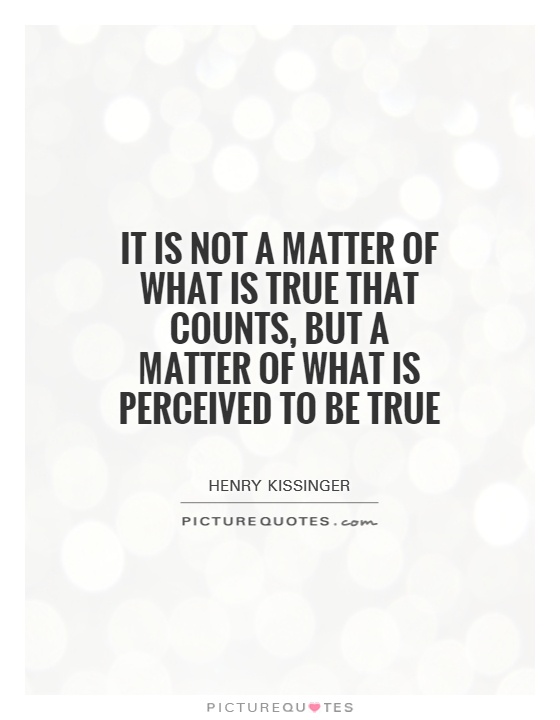
It is not a matter of what is true that counts, but a matter of what is perceived to be true
Henry Kissinger, a prominent American diplomat and political scientist, is a figure whose career exemplifies the complex interplay between truth and perception in the realm of international relations. Throughout his time as National Security Advisor and Secretary of State under Presidents Richard Nixon and Gerald Ford, Kissinger was known for his realpolitik approach to foreign policy, which often involved making strategic decisions based on perceived truths rather than objective realities.One of the most controversial aspects of Kissinger's legacy is his role in the Vietnam War. As National Security Advisor, he played a key role in shaping the United States' policy towards Vietnam, advocating for a strategy of gradual escalation and negotiation with North Vietnam. Despite mounting evidence that the war was unwinnable and causing immense suffering to both American and Vietnamese people, Kissinger continued to defend the administration's actions, arguing that a perceived victory was still possible through diplomatic means.
Kissinger's approach to the Vietnam War highlights the tension between what is objectively true and what is perceived to be true in the realm of international relations. While the reality of the situation on the ground pointed towards the futility of continued military intervention, Kissinger's perception of the conflict as a strategic opportunity for the United States led him to advocate for policies that ultimately prolonged the war and exacerbated its human cost.
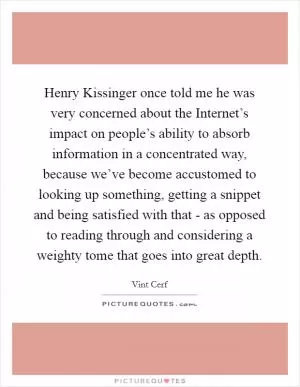




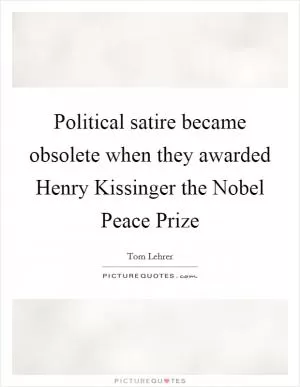
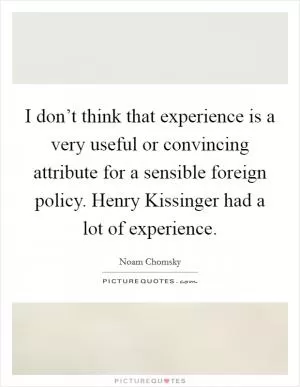
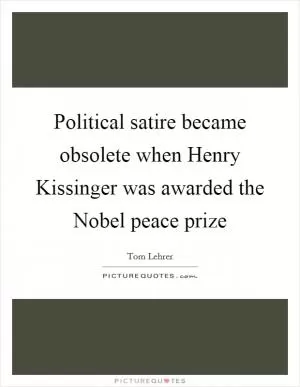

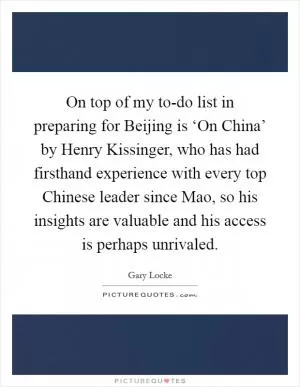


 Friendship Quotes
Friendship Quotes Love Quotes
Love Quotes Life Quotes
Life Quotes Funny Quotes
Funny Quotes Motivational Quotes
Motivational Quotes Inspirational Quotes
Inspirational Quotes